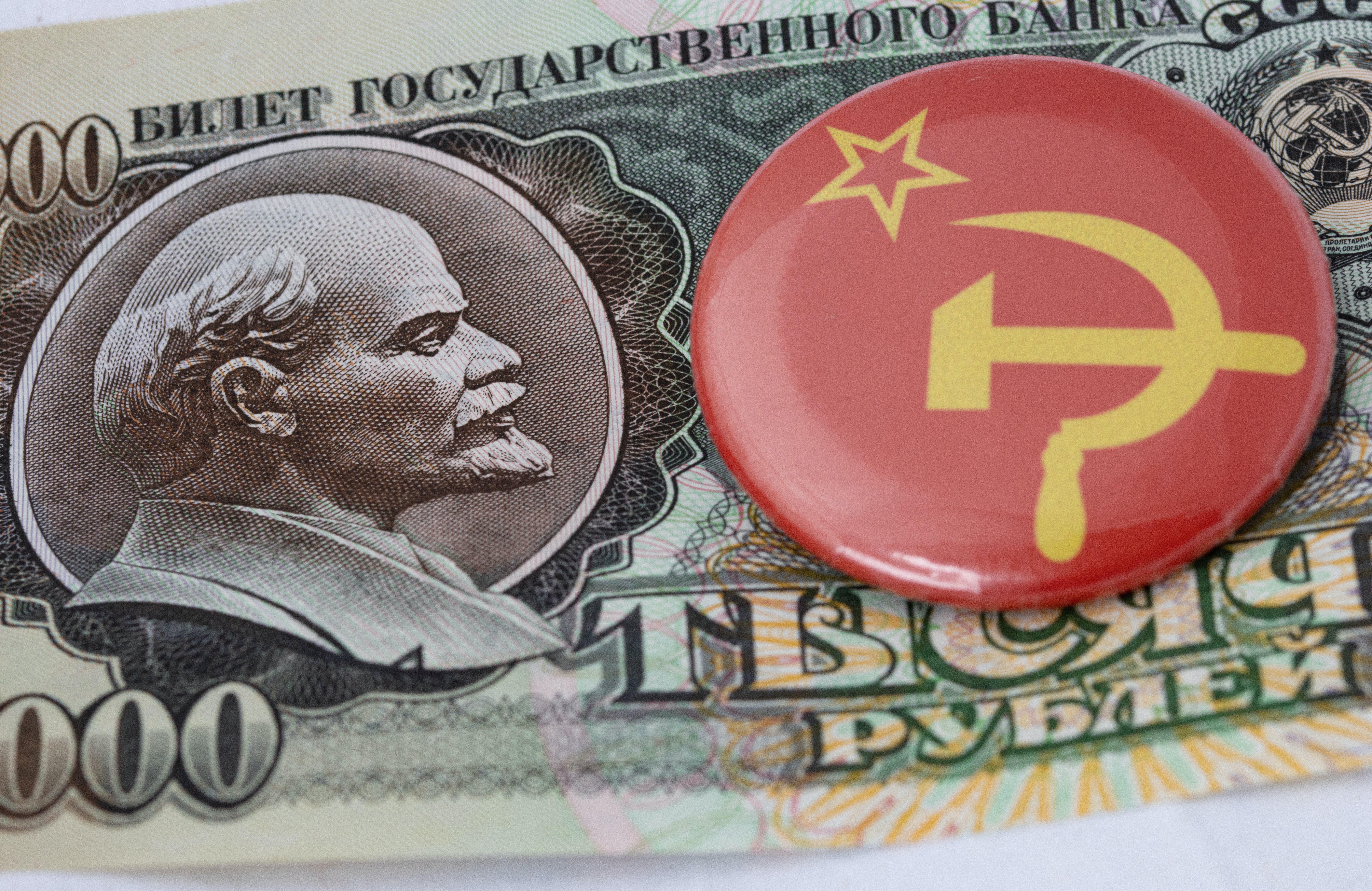 Gorbachev took power in 1985, towards the end of the Cold War and six years before the Soviet Union collapsed. By the end of the 1980s, the sentiment around the world was strongly pro-Western: democracy, liberalism, the freedom of the individual and capitalism were seen as values and ways of life worthy of emulating elsewhere. This was certainly the case across many Eastern European nations that were part of the USSR.
Gorbachev took power in 1985, towards the end of the Cold War and six years before the Soviet Union collapsed. By the end of the 1980s, the sentiment around the world was strongly pro-Western: democracy, liberalism, the freedom of the individual and capitalism were seen as values and ways of life worthy of emulating elsewhere. This was certainly the case across many Eastern European nations that were part of the USSR.
In Romania for example, in the mid-1980s, the winds of change were blowing progressively stronger. Secret radio broadcasts from Radio Europa Libera (Free Europe) spread the increasing realisation that the link between the Soviet power and Nicolae Ceausescu (Romania’s communist dictator) was weakening. This, coupled with the growing awareness of the freedom of the individual and the fruits of capitalism in the Western world, made the population, especially the young to be emboldened in defying their totalitarian communist regime.
In the beginning, the sentiment of resistance remained underground. Students were whispering forbidden ideas, exchanging banned books and holding meetings in secret. These actions of opposition emerged aboveground after the winter of 1989 when, at Timisoara, the final act of abuse and cruelty of the Ceausescu regime (the unlawful arrest of pastor Lászlo Tökés) resulted in the bloody Romanian revolution. After the death of Ceausescu, a coup d’état ensured that power would still lie with the old guard, with the ex-communists and the ex-KGB agents who had trustworthy links with Moscow. All the while, the USSR was gradually disintegrating under its leader Gorbachev.
The 1989 revolution was violent. Tanks crushed people. Soldiers shot civilians and buildings were set on fire. But the Romanian revolution was not the first political event of the 1980s to weaken the USSR. Gorbachev, due to his reforms, began to lose control of the satellite states of the USSR, starting with the Baltics who indeed were already leaning in favour of independence.
Recognising that the end of the totalitarian state was near, the Soviet leader began to speak of “glasnost” (openness) and “perestroika” (restructuring). In 1987 he suggested a “one-party democracy”, a policy under which people should be able to elect between multiple candidates of the communist party. Then, in 1988 Moscow began to lose control, starting with Latvia and Estonia moving towards freeing themselves from the grips of the USSR, while in the Caucasus there was a growing rebellion against the Soviets.
From the Kremlin, Gorbachev oversaw the quick collapse of the monumental monster created by the seven dictators that preceded him: Lenin, Stalin, Malenkov, Khrushchev, Brezhnev, Andropov and Chernenko. The year of 1989, known as the Fall of Nations, saw the final blow to the Red Iron Curtain. Starting in Poland, then spreading in Hungary, East Germany, Bulgaria, Romania, Yugoslavia, and Albania, the path opened by revolutions, some more peaceful than others, led to the collapse of the USSR in 1991.
Under communism, more than 100 million people have been killed over the past century. Ironically, there remains even today in the West a peculiar romantic attitude towards socialism and even communism. We, Eastern Europeans, however, know that such a vision – the utopia promised by socialism and forced by communism – is incompatible with the spirit of human nature itself. For us, the passing away of Gorbachev is nothing but the end of a deadly, inhuman and long chapter in the history of mankind.








